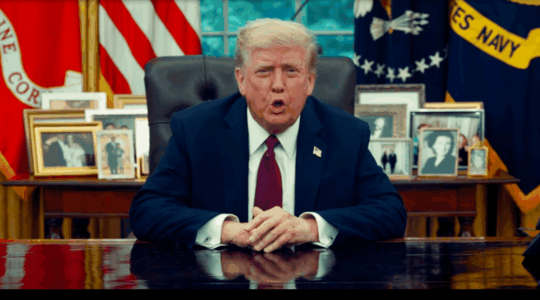JERUSALEM (JTA) — The U.S. Supreme Court heard arguments in a case that would allow American citizens born in Jerusalem to have their birthplace listed as Israel on their passports.
Arguments in the case of Zivotofsky v. Clinton were heard Monday. The case involves 9-year-old Menachem Zivotofsky, whose American-Israeli parents, Ari and Naomi, want the birth country on his passport listed as Israel. They cite a law passed by Congress in 2002 that directs the secretary of state, "upon the request of the citizen or the citizen’s legal guardian, [to] record the place of birth as Israel."
The George W. Bush and Obama administrations have ignored the law and the State Department manual allows that the passports of American citizens born in Jerusalem must say "Jerusalem" as the place of birth and not include Israel, reflecting official U.S. government policy regarding the unresolved status of Jerusalem.
However, the law could have implications beyond Israel, shifting the balance of powers regarding foreign policy from the executive branch to the legislature.
According to Politico, the serious discussion between lawyers and judges had its lighter moments when Justice Elana Kagan suggested that the option of putting "Palestine" on a Jerusalem passport would apply only to the those born before 1948.
"You have to be very old to say ‘Palestine,’ " said Kagan, 51, who is Jewish.
"Not all that old," joked her Jewish colleague Ruth Ginsburg, 78, causing the audience to erupt in laughter.
Eleven major Jewish American groups in August filed a friend-of-the-court brief in support of the Zivotofsky’s request. Last month, Americans for Peace Now filed a brief supporting the secretary of state.
The American Jewish Committee has opted not to weigh in, in part because it does not regard the Supreme Court as the appropriate forum to decide foreign policy.
JTA has documented Jewish history in real-time for over a century. Keep our journalism strong by joining us in supporting independent, award-winning reporting.





